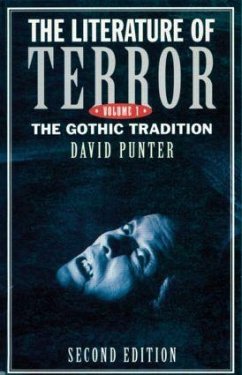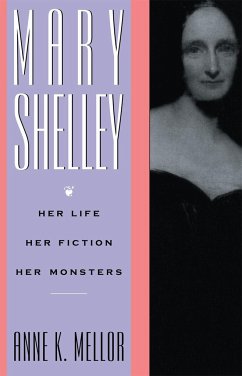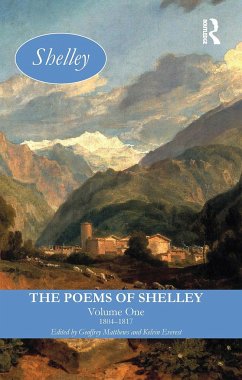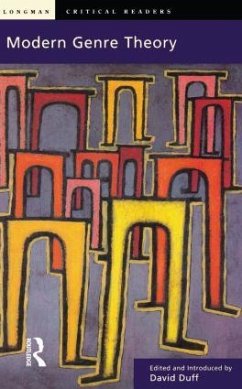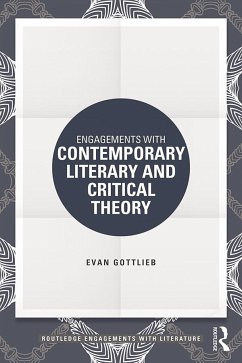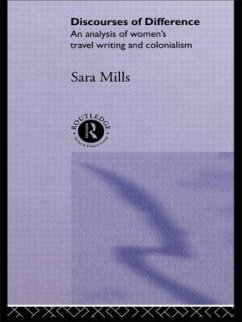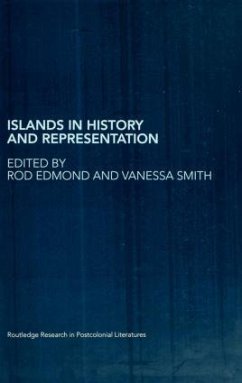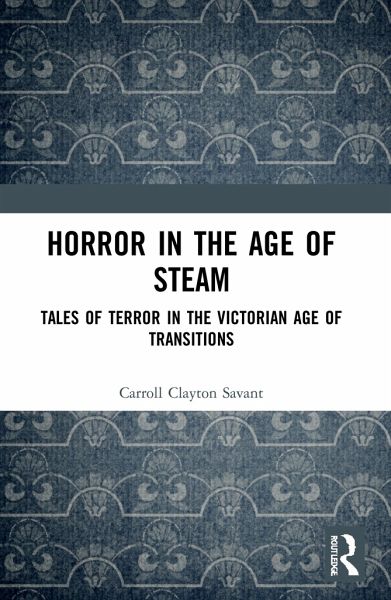
Horror in the Age of Steam
Tales of Terror in the Victorian Age of Transitions
Versandkostenfrei!
Versandfertig in 6-10 Tagen
40,99 €
inkl. MwSt.
Weitere Ausgaben:

PAYBACK Punkte
20 °P sammeln!
Change is terrifying, and rapid change, within a small amount of time, is destabilizing to any culture. England, under the tutelage of Queen Victoria, witnessed precipitous change the likes of which it had not encountered in generations. Wholesale swaths of the economy and the social structure underwent complete recalibration, through the hands of economic progress, industrial innovation, scientific discovery, and social cohesiveness. Faced with such change, Britons had to redefine the concept of work, belief, and even what it meant to be English. Victorians relied on many methods to attempt t...
Change is terrifying, and rapid change, within a small amount of time, is destabilizing to any culture. England, under the tutelage of Queen Victoria, witnessed precipitous change the likes of which it had not encountered in generations. Wholesale swaths of the economy and the social structure underwent complete recalibration, through the hands of economic progress, industrial innovation, scientific discovery, and social cohesiveness. Faced with such change, Britons had to redefine the concept of work, belief, and even what it meant to be English. Victorians relied on many methods to attempt to release the steam from the anxieties incurred through change, and one of those methods was the horror story of everyday existence during an age of transition. This book is a study of how authors Elizabeth Gaskell, Emily Brontë, and Anne Brontë turned to horrifying representations of everyday reality to illustrate the psychological-traumatic terrors of an age of transition






